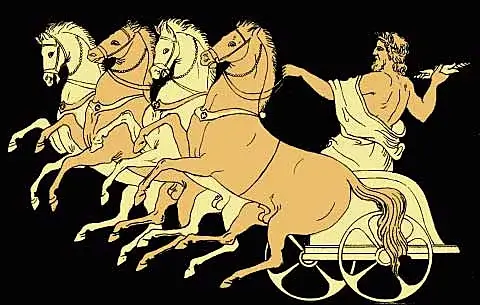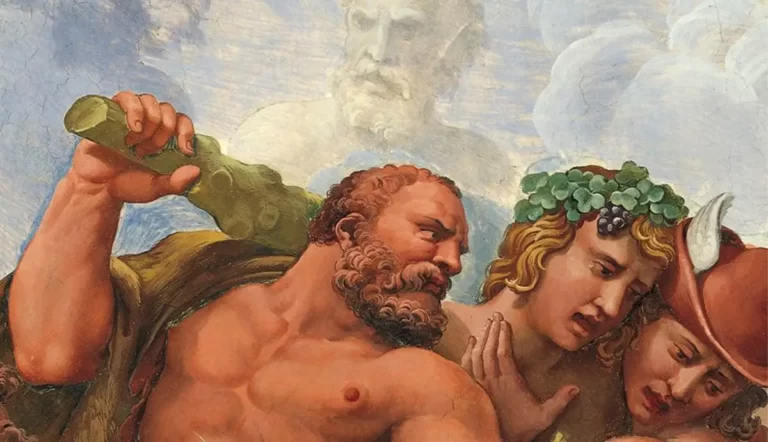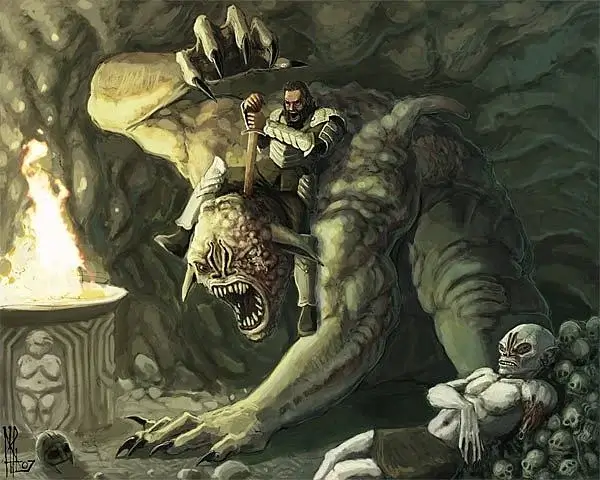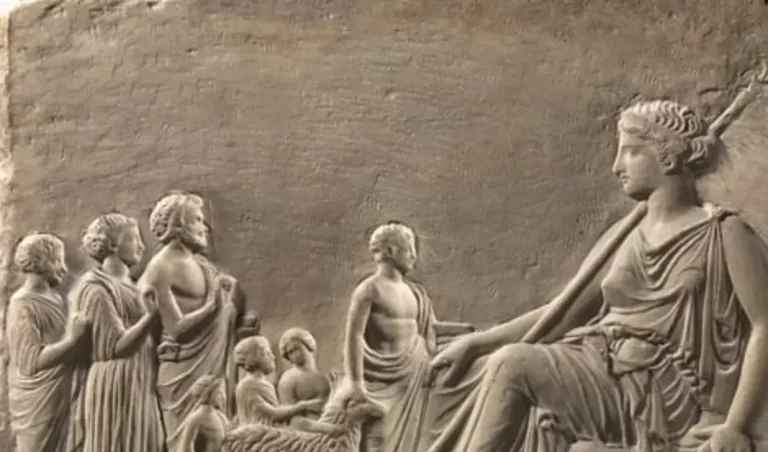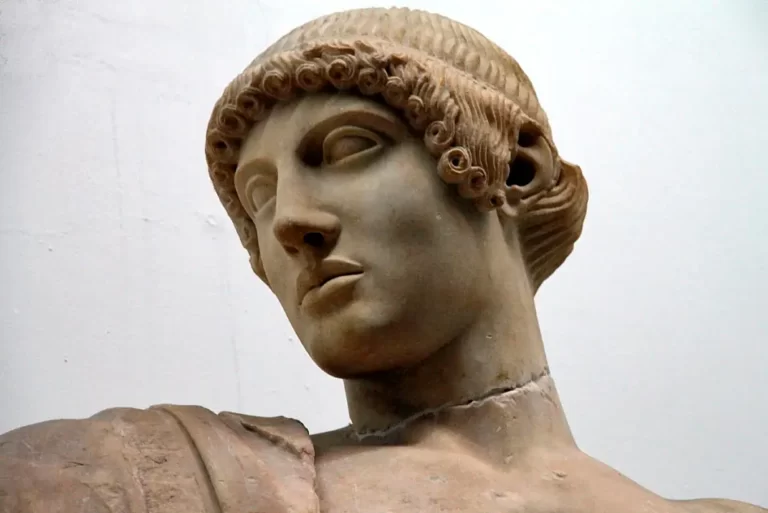Dragons In Greek Mythology: Origins and Stories
one of the most popular mythical creatures is Dragons in Greek mythology. They are often portrayed as ferocious and powerful creatures, with some stories even depicting them as evil. However, many stories portray dragons as benevolent creatures. Regardless of how they are portrayed, dragons always seem to stir up excitement and interest. In this article, we will take a closer look at the origins of these mythological creatures and some of the most popular dragon stories from Greek mythology.
Origins of Dragons In Greek Mythology: Where do dragons come from?
In Greek mythology, dragons are usually associated with evil and chaos. They are often seen As guardians of treasure, such as in the story of the Golden Fleece. Dragons can also represent wisdom and power, as in the story of Cadmus who kills a dragon and sows its teeth to found Thebes.
There are various origin stories for dragons in Greek mythology. One story says that they were created by the Titans from the blood of their defeated enemy, the giant Python. Another story says that Typhon, the most fearsome creature in Greek mythology, was born from Gaia (the Earth) and Tartarus (the Underworld). Typhon had 100 heads and could breathe fire. He was so terrifying that even Zeus was afraid of him! Zeus eventually defeats Typhon with the help of Athena and Apollo.
Stories: The most famous stories about dragons
There are many famous stories about dragons, but some of the most well-known comes from Greek mythology. One popular story is that of Cadmus, who killed a dragon that was terrorizing the city of Thebes. He then sowed its teeth into the ground, and from them, soldiers emerged. Another story tells of how Hercules killed a dragon as one of his Twelve Labors. This dragon guarded the golden apples in the Garden of the Hesperides. Perhaps the most famous story involving a dragon is that of Jason and the Golden Fleece. In this tale, Jason slays a giant dragon that is blocking his path to retrieve the fleece.
The story of Typhon: the most dangerous dragon
Typhon was the most dangerous dragon in Greek mythology. He was the son of Gaia and Tartarus, and he had 100 heads and 100 snakes for hair. Typhon was so large that he could block out the sun with his body. He was so strong that he could break mountains with his hands.
Typhon attacked Olympus, the home of the gods, and tried to overthrow Zeus. Zeus fought back and defeated Typhon with a thunderbolt. Typhon was then imprisoned under Mount Etna in Sicily. Every time Typhon breathed, lava would flow from the mountain.
The story of Ladon: the dragon with 100 heads
Ladon is a dragon with 100 heads that features prominently in Greek mythology. According to one story, Ladon was tasked with guarding the Golden apples of the Hesperides. Another story says that Ladon was born from the union of Typhon and Echidna.
Ladon’s 100 heads make him a formidable opponent for any would-be hero. In some stories, Ladon is overcome by Hercules, who tears off his heads and uses them as clubs to beat the rest of Ladon’s body into submission. In other stories, it is Apollo defeats Ladon by shooting arrows into his many heads.
Whether he is ultimately defeated by Hercules or Apollo, Ladon remains an impressive figure in Greek mythology thanks to his unique appearance and 100-head count.
The story of Python: the dragon who guarded the Oracle of Delphi
Python was a dragon who guarded the Oracle of Delphi in Greek mythology. The Oracle of Delphi was a shrine to the god Apollo, and Python was said to have been sent by Gaia (the earth goddess) to guard it. Python is also sometimes associated with the serpent who tempted Eve in the Garden of Eden.
Python is first mentioned in Homer’s Iliad, when Apollo kills him in revenge for Python’s slaying of Apollo’s servant, Tityus. In another version of the story, Python was killed by Hercules.
Python was said to be a huge dragon, sometimes with as many as 100 heads. He lived in a cave near Mount Parnassus, and his breath was said to be so poisonous that it could kill anything that it touched.
Conclusion: what dragons represent in Greek mythology
A dragon is a large, serpentine creature that appears in many legends and myths. In Greek mythology, dragons often represent the forces of chaos and destruction. They are often associated with rain, floods, and other natural disasters. Dragons can also be benevolent creatures, such as the dragon who guards the golden apples in the Garden of Hesperides.
Most dragons in Greek mythology are malevolent creatures. One of the most famous examples is the dragon that guarded the golden apples in the Garden of Hesperides. This dragon was killed by Hercules as one of his twelve labors. Other well-known dragons include the Python that guarded Delphi and was killed by Apollo, and Typhon, who was defeated by Zeus during the Titanomachy.
While dragons may typically be seen as negative creatures in Greek mythology, they can also represent some positive aspects.
Frequently Asked Questions
what do dragons symbolize in Greek mythology?
Dragons are one of the most popular and enduring creatures in Greek mythology. They symbolize a wide range of things, from death and destruction to wisdom and power.
Greek dragons are often portrayed as massive, ferocious beasts with razor-sharp teeth and claws. They can breathe fire and sometimes have wings. In many stories, they are guarding something precious, such as a golden fleece or a magical elixir.
Dragons can be both good and bad, depending on their mood or the story being told. They might help heroes on their quests, or they might try to stop them. Sometimes they represent the forces of nature that humans have to contend with, such as floods or earthquakes.
In some stories, dragons represent the dark aspects of human nature, such as greed or anger. They might also be used to symbolize something that is feared or misunderstood.
what is the strongest dragon in Greek mythology?
Dragons are some of the most popular creatures in Greek mythology. They appear in many different stories and have a long history in Greek culture. Some of the most famous dragons are the Hydra, Ladon, Python, and Typhon. These mythological creatures have inspired many artists and writers over the years.
who created dragons in Greek mythology?
The origins of dragons in Greek mythology are uncertain. They may have been inspired by real animals, such as snakes or Komodo dragons. Or they may be entirely mythical creatures.
Dragons are often said to have wings and breathe fire. They are usually depicted as evil creatures, although there are a few stories in which they are good. The most famous story featuring a dragon is probably the myth of Perseus and Medusa. In this story, Perseus kills a monster called a Gorgon, whose head is covered in snakes instead of hair. He then uses the Gorgon’s head to turn a dragon to stone.
is there a god of dragons in Greek mythology?
There doesn’t seem to be a specific deity who is the patron of dragons, but there are a few who have power over them. Zeus is one example, as he’s able to control the dragon Typhon. Hades also has power over dragons, as they guard his underworld kingdom.
So while there isn’t a god or goddess specifically associated with dragons, there are definitely some powerful beings who can control them.

